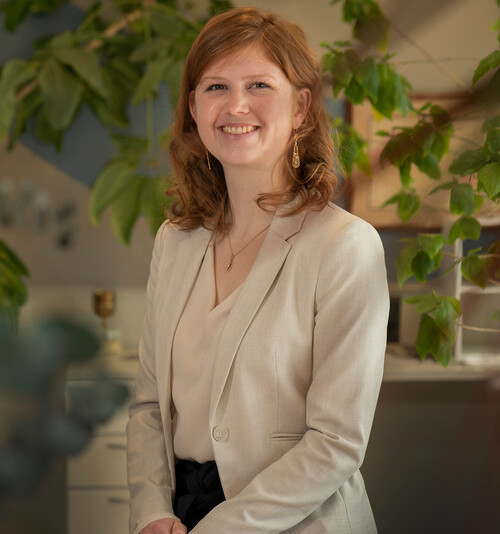Tessa Charlesworth

“When the concept of implicit bias was first introduced, it was described as a ‘cognitive monster’, untameable and therefore unchangeable,” says Tessa Charlesworth, a PhD candidate in psychology. Implicit biases are automatic judgments made about others based on their social groups such as gender, race, or sexual orientation. “It was argued that implicit biases were so untameable that they remained virtually unchanged from age six to age sixty.”
Charlesworth found that these conclusions about implicit bias had not taken certain crucial variables into account. “Experiments were almost exclusively about racial bias, and the possibility of changing a single person’s mind,” she says. “We need to look at other kinds of biases beyond race, as well as changes that can happen over time for an entire society, not just within a single individual.”
Charlesworth examines patterns of explicit and implicit bias change in six different attitudes: race, skin tone, sexual orientation, disability, age, and body weight. Her findings show that from 2007 to 2016, all explicit biases, defined as what people verbally report, have become less biased. However, while implicit biases in race, skin tone, and sexual orientation have decreased over time, attitudes towards age and disability have not changed, and anti-fat biases have been increasing. “This shows that implicit attitudes can change towards neutrality, but also away from it. Unlike explicit attitudes, where everything is changing towards the better, implicit biases may change either for the better or for the worse.”
For Charlesworth, the knowledge that change is possible in our implicit biases should motivate us to consider interventions to actively change attitudes towards greater acceptance. “Before we knew that it was possible to change a society’s implicit biases over the long-term, these questions were futile. Now, contrary to the perception that implicit biases are immutable and unchangeable, we’re showing for the first time that they can and do change over time.”

